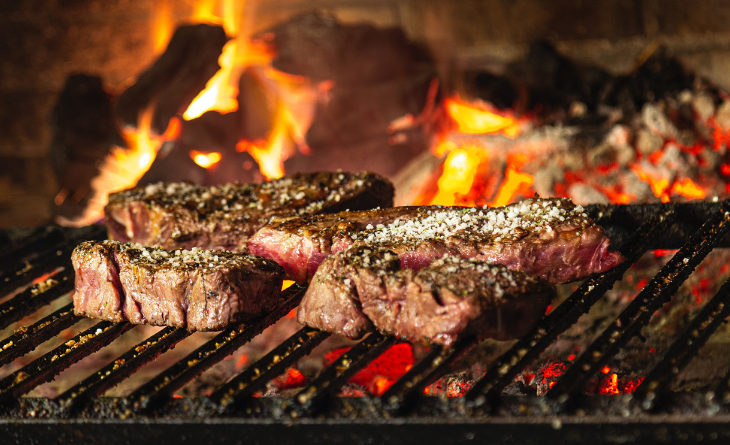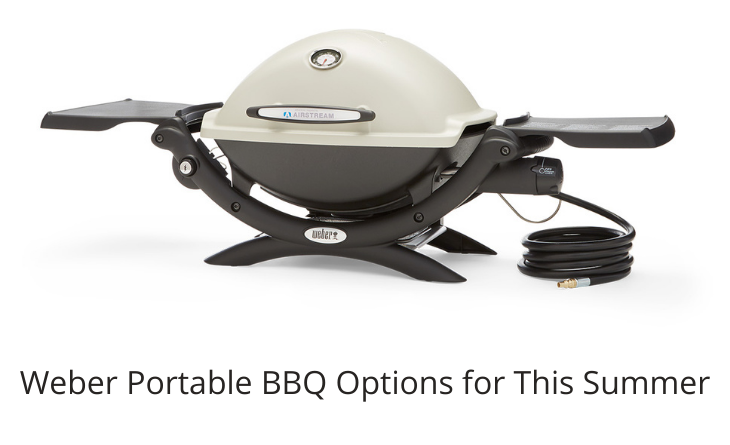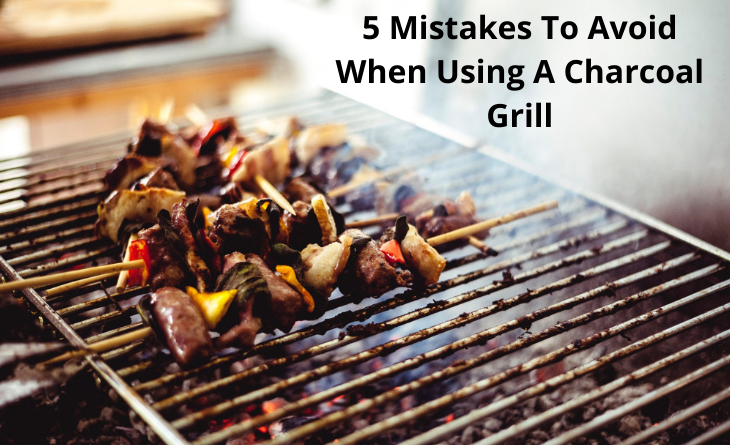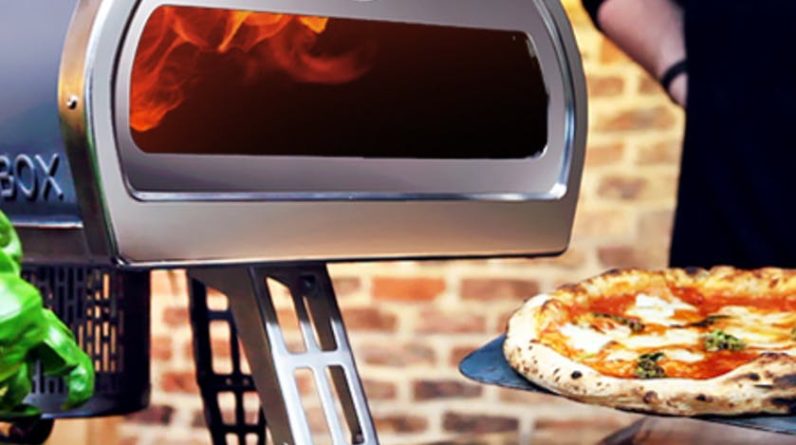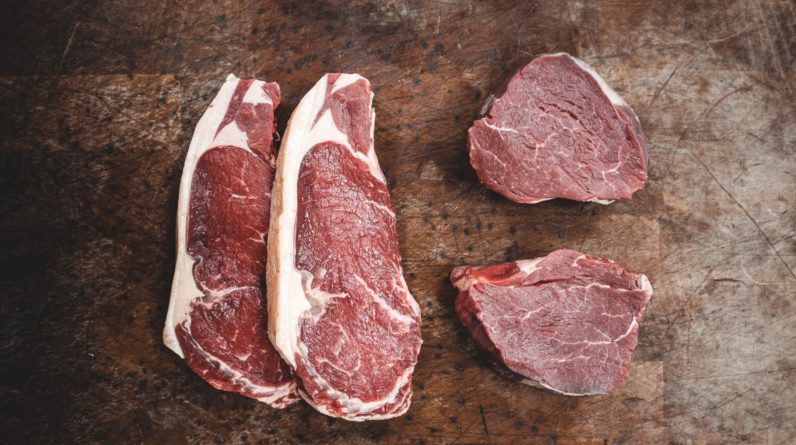
Plain grilled meats are tasty, especially when served hot and accompanied with a cold beverage on a hot summer afternoon. However, you can make them more delicious and elevate your experience. How? This is where infusion comes in handy.
Infusing involves applying salt, sauces, condiments, and other seasonings to make meats tender and flavorful. It encompasses several techniques, including brining, dry rubbing, injection, and marinating.
Like most cooking decisions, there’s heated debate over the significance of infusion. Some support, others oppose. If you’re wondering if it’s right to infuse the meat, read on to discover more about the practice.
Types of Meat Infusion
The five most common meat infusion types are basting, brining, dry rubbing, injecting, and marinating.
In basting, the cook uses a brush to apply flavoured sauces on meat, especially chicken, duck, and turkey. Brining involves dipping meats in salty solutions, which can also have herbs and wines for added flavour.
Dry rubbing entails dipping meats in thickened, flavourful sauces. On the other hand, marinating involves soaking meats in a seasoned solution for at least 30 minutes before grilling.
Injecting wasn’t as popular in the past, but many people are willing to try it. It’s the most effective and guarantees even spreading of infused flavours.
Advantages of Infusing Meats
Here are the advantages of infusing meat before grilling.
Enhanced Flavour
The most significant advantage of infusing meat is enhanced flavour. As you infuse the meat, it absorbs the flavours into its inner layers, resulting in tastier food. The results are especially impressive if you inject or marinate.
Increased Moisture
Nobody likes eating dry food. Guests can abandon an eagerly awaited meal prepared for hours just because it’s dry.
Fortunately, infusion provides a way to make your beef, chicken, and pork moist and tender if you’re cooking large meat cutlets. Infusion techniques like injecting and marinating guarantee a mouth-watering and soft-textured outcome.
Preservation
Salt was a practical preservative in the past. For this reason, infusion techniques like brining help keep meats edible for longer. You might want to try brining next time you slaughter a lamb or large animal.
Saves Time
As mentioned above, infusion moistens and tenderises meats. When meats are softer, they cook faster, ensuring that you don’t spend a lot of time by your barbecue grill.
Disadvantages of Infusing Meats
Here are the disadvantages of infusing meats.
Bacteria Risk
Infusing meats increases the risk of bacterial infection in many ways. First, if the cook doesn’t wash hands properly, they can contaminate the food. Secondly, the equipment used might be unclean.
Incompatibility
Infusion works best with lean and large-cut meats. If you’re a novice, do your research well so it doesn’t backfire on you.
Over-infusion
Novices find it challenging to infuse meats correctly. Sometimes, you can apply too much sauce or spices, making the food inedible.
Wrapping Up
Infusion is a proven way of making grilled meats more delectable. Moreover, it saves time, moistens, and tenderises the meat. However, it’s an intricate technique that requires experience to avoid mistakes like over-infusion and contamination.
Read More
